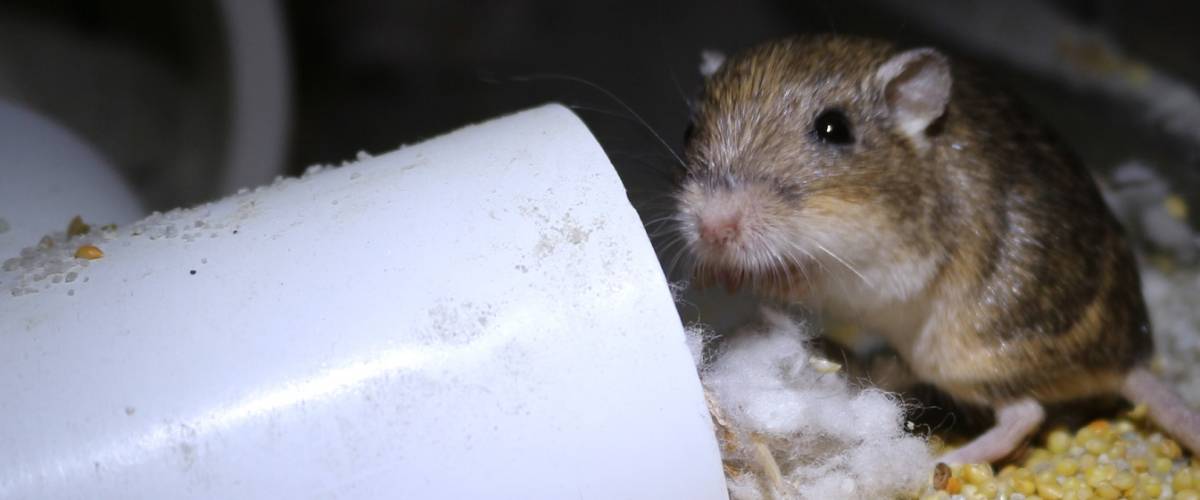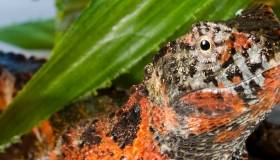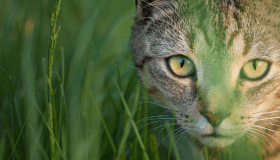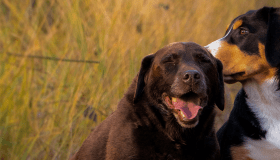
DENVER/May 29, 2020 – A tiny mouse may help answer big questions about how to help endangered species recover from near extinction. Morris Animal Foundation-funded researchers at San Diego Zoo Global are using genetic data from the critically endangered Pacific pocket mouse to study the complex issue of genetic diversity. The findings will serve as a valuable model for other endangered species when captive breeding and genetic rescue are necessary to prevent extinctions.
When endangered species become fragmented into smaller and smaller populations, they are susceptible to loss of genetic diversity and harmful genetic mutations, known as genetic load, which can affect fertility as well as other traits. Due to habitat destruction, the Pacific pocket mouse now is limited to only three small populations in southern California.
In 2012, San Diego Zoo Global researchers began a conservation breeding program, using mice from those three populations, with the goal of reintroducing the offspring into other wild locations. Six generations in, this program saw steady growth and increased genetic diversity of mice in the breeding program. However, low reproductive output of some was traced back to the genetics of one of the founding populations in Dana Point, California. This raised questions about how best to manage harmful mutations while restoring diversity and promoting population growth to save an endangered species.
“This is an ideal opportunity to study these effects in detail in a controlled environment, rather than trying to follow animals in the wild over many generations,” said Dr. Aryn Wilder, a conservation geneticist with San Diego Zoo Global, and the principal investigator on the study. “We can learn more about species recovery and the best ways to manage undesirable gene variants while increasing genetic diversity.”
For the study, the team sequenced the genomes – all of the hereditary information encoded in DNA – of about 400 mice from each of the three wild populations and the conservation breeding program. The researchers are analyzing the data to measure harmful mutations present in the genomes. They will first test to see if there are differences in genetic load between the wild populations, and work to understand how genetic load is shaped by evolutionary history and differences in population sizes.
Then the team will test for the relationship between genetic load and fitness in the mice, including reproductive output, overall health and size. Finally, the researchers will look at how these different types of mutations have changed over recent generations. For example, if mutations were maintained or built up in the breeding program, or possibly purged from it.
In addition to boosting the numbers of Pacific pocket mice to help avoid extinction, the conservation breeding program has the added benefit of helping to inform management of wild populations. For example, managers could move individuals between populations to boost genetic diversity and combat the effects of inbreeding depression. If researchers find the Dana Point mice have a high genetic load, managers could introduce migrant individuals into Dana Point, but not the other way around to avoid introducing harmful mutations into other populations.
“This study will help us answer important questions around potential tradeoffs between harmful genetic load and beneficial genetic diversity,” said Dr. Janet Patterson-Kane, Morris Animal Foundation Chief Scientific Officer. “Many species are suffering from fragmentation and we need informed genetic management strategies when attempting to rescue them.”
The Pacific pocket mouse is the smallest mouse species in North America, with adults typically weighing about a quarter of an ounce and measuring up to about five inches in length. They have fur-lined pouches they use to hold food.
Morris Animal Foundation, headquartered in Denver, is one of the largest nonprofit animal health research organizations in the world, funding more than $155 million in studies across a broad range of species.
About Morris Animal Foundation
Morris Animal Foundation’s mission is to bridge science and resources to advance the health of animals. Founded by a veterinarian in 1948, we fund and conduct critical health studies for the benefit of all animals. Learn more at morrisanimalfoundation.org.




